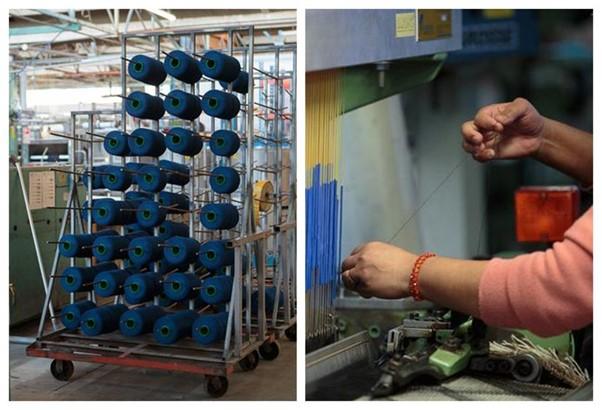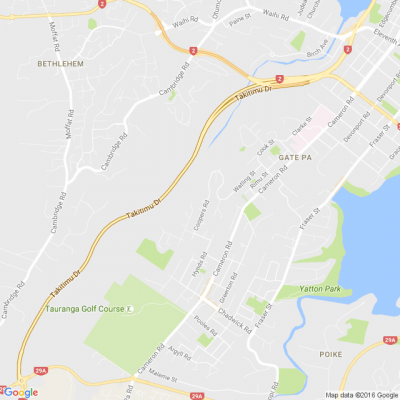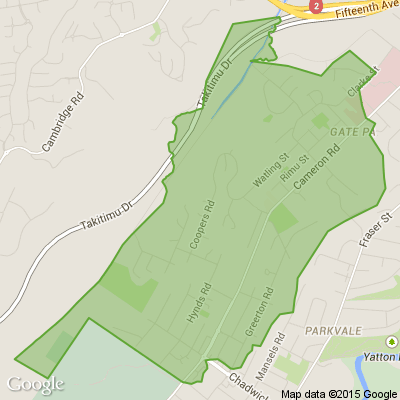The Green Side of Wool
We have a soft spot for sheep. For many, sheep are symbolic to New Zealand culture with the rearing of sheep being the backbone to the economy for many years.
Sheep farming was established in New Zealand by the 1850s and has played an important role in the economy ever since. For several decades wool accounted for more than a third of New Zealand’s exports by value with the sheep population peaking at just over 70 million in 1982.
This number is significant when comparing it to New Zealand’s human population. By 2020, sheep numbers dropped to 26 million, following a decline in profitability compared to other types of farming, particularly dairying.
While also farmed for their meat, today’s article focuses on sheep wool and its environmental attributes.
Wool is a natural and renewable resource and as long as our beloved sheep are eating the tasty green pastures from New Zealand farms they will always produce wool. Wool has amazing properties that make it ideal for many applications from home textiles through to incontinence underwear.
At this point in time, cotton and synthetic fibres are the most commonly used and produced fibres globally, however their performance does not come close to wool, in particular the environmental benefits.
From wool to yarn: The wool clip (total yield of wool shorn during one season from the sheep) is sent to the scourers where the wool is cleaned and dried, and from there to a woollen spinner where the fibre is spun into yarn. The yarn is then sent on to the manufacturer of textile products where many different processes are involved.
The yarn is wound onto dye cones and dyed to the required colours. Next the yarn is warped onto beams. These warp beams are then threaded through the looms so that the weft yarn can run across the warp to create a woven fabric.
The fabric is then inspected and then washed and dried. Very few chemicals are used in the processing, typically only water and heat.
Keep reading: www.curtainclean.co.nz...

The latest product recalls
We are bringing you the latest list of recalled products from across the country. Make sure you aren't using these at home!
Click on the blue text to learn more about that particular product and why it was recalled.
Food and household item recalls:
Akaroa King Salmon brand Mānuka Cold Smoked Slices and Trim
Tom & Luke Low Carb Snackaballs
Woop brand Pistachio Dukkah
Product Recalls: Infant care and clothing
Zummi Monaco 4-Wheel Travel System - Sold at Farmers
Product Recalls: Toys
⚠️ Asbestos risk in Galt branded Mini Makes Sand Stickers
⚠️ Asbestos risk in Licensed Sensory Activity Sets: Frozen, Bluey and Paw Patrol - Sold at Kmart
⚠️ Asbestos risk in Make Your Own Unicorn Sand Ornaments- sold at Kmart
⚠️ Asbestos risk in Coloured Sand for Unity Ceremony - 200 gram bags
⚠️ Asbestos risk in Coloured sand by Creative Sand
⚠️ Asbestos risk in MIKI Sand Art Set
⚠️ Asbestos risk in Rainbow Sand Art Toy- sold at various discount stores nationwide
⚠️ Asbestos risk in Craft Sand 380g
Pop & Surprise Playset- sold at Kmart
Product Recalls: Cosmetics
Endota Mineral Protect SPF50 Sunscreen
Bondi Sands Zinc Mineral Broad Spectrum UVA & UVB Protection Sunscreen SPF 50+ Face Lotion 60ml and Body Lotion 120ml
Product Recalls: Electronics
E-LOK Gateway Wall Plug
Mecca 240V Single Vertical Heated Towel Rail NRV902H
3M ™ Versaflo ™ TR-802E Powered Air Purifying Respirator Motor/Blower
Sigenergy- SigenStor EC 8.0/10.0/12.0kW SP AU Energy Controllers with quick connect AC plug
Sylvan SLG02 Wif Hub power adapter
Product Recalls: Other
⚠️ Asbestos risk in Handmade Gummy Worm earrings and Salted Pretzel earrings sold at Joy's Handmade Boutique
Ello Glass 10pc Meal Prep Set - sold at Costco
Check the New Zealand Transport Agency's handy vehicle recall list here.
See past months' recalls. Stay safe, neighbours!
Poll: Are our Kiwi summer holidays helping us recharge, or holding the economy back? ☀️🥝
There’s growing debate about whether New Zealand’s extended Christmas break (and the slowdown that comes with it) affects productivity.
Tracy Watkins has weighed in ... now it’s your turn. What’s your take? 🤔

-
73.2% We work hard, we deserve a break!
-
15.7% Hmm, maybe?
-
11.2% Yes!
Brain Teaser of the Day 🧠✨ Can You Solve It? 🤔💬
How many balls of string does it take to reach the moon?
(Peter from Carterton kindly provided this head-scratcher ... thanks, Peter!)
Do you think you know the answer? Simply 'Like' this post and we'll post the answer in the comments below at 2pm on the day!
Want to stop seeing these in your newsfeed? No worries! Simply head here and click once on the Following button.













 Loading…
Loading…








